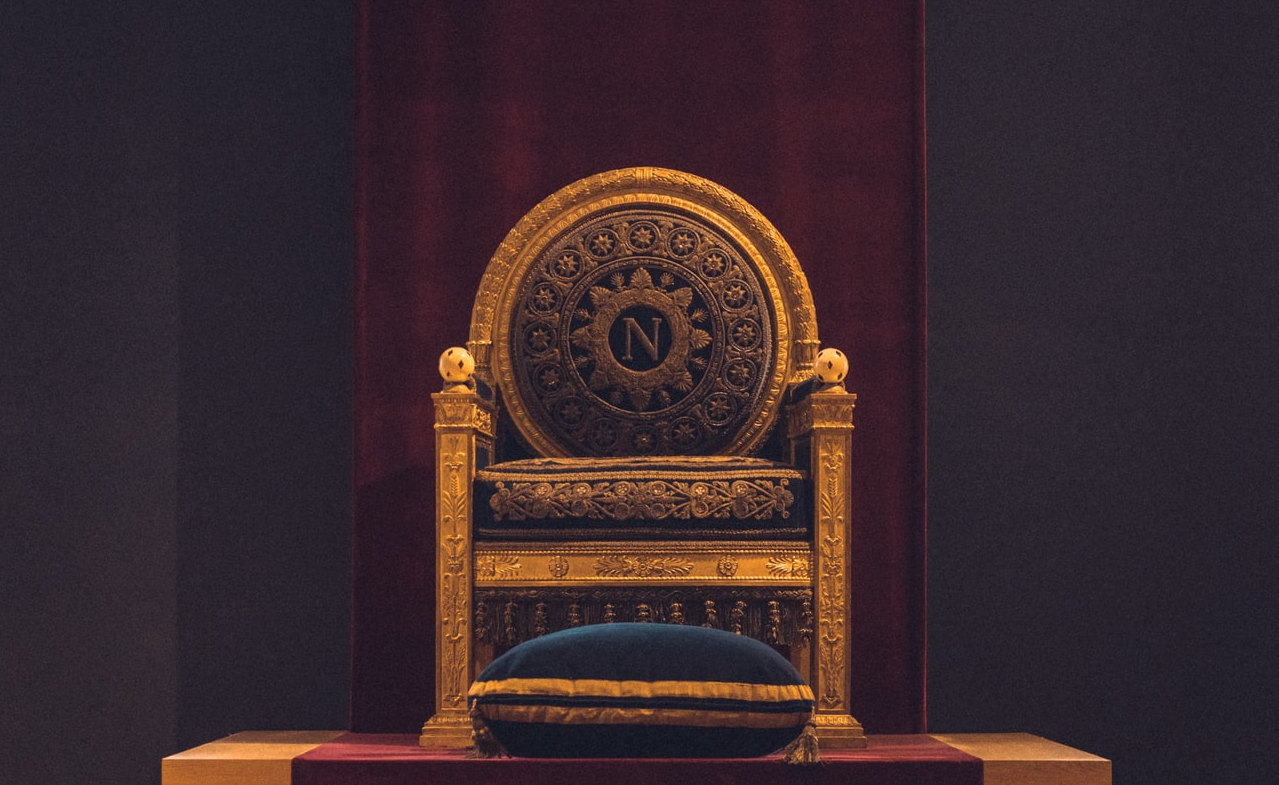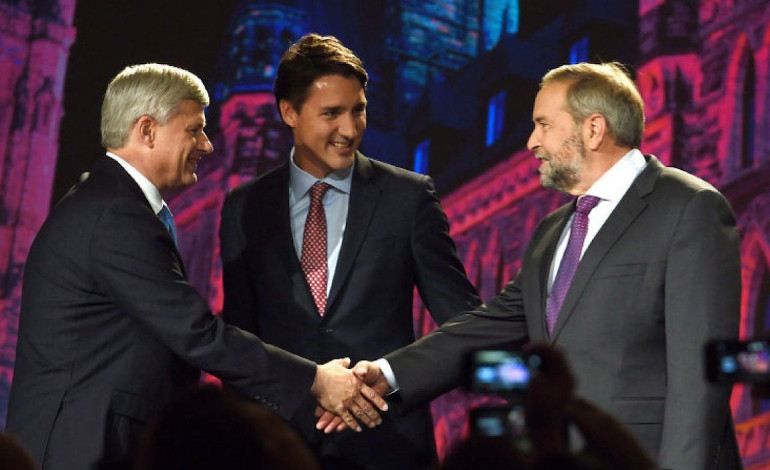Most people have a healthy scepticism of politicians and their promises. As Nikita Khrushchev, the Soviet president in the 1950s, observed, “politicians are the same all over, they promise to build a bridge even when there’s no river.” So, to last Wednesday’s throne speech, either written or pre-approved by Justin Trudeau and delivered by the Governor General.
The road to hell
“The government will make a significant, long-term, sustained investment to create a Canada-wide early-learning and child care system,” said the speech. The Governor General’s speech did not elaborate on just what, exactly, that meant. She didn’t need to; she was just playing her part in the throne game of parliamentary smoke and mirrors. If we examine the issue of child care, it has been 50 years since the Royal Commission on the Status of Women made it clear that access to affordable child care is one of the biggest hurdles standing in the way of women’s economic equality. Since then, numerous governments have promised to undertake the removal of these hurdles. The Liberals promised it in their famous Red Book in 1993, and 11 years later Paul Martin promised something similar in the 2004 campaign which he lost, as did Michael Ignatieff in 2011. The pandemic has forced the government’s hand by bringing the issue to the fore again, especially with the schools reopening and women having to juggle responsibilities of home and work. But the government will always have a get out of jail free card on the lines of “we had every intention of implementing this measure but unforeseen events came along” or “we didn’t anticipate having to pay that much for CERB,” etc. And as we all know, the road to hell is paved with good intentions.
Step back nine months to December 2019 and the previous throne speech. The Trudeau government laid out an ambitious agenda – bold measures to combat climate change, provision of a national pharmacare program and a reworking of Ottawa’s relationship with Indigenous Canadians. It didn’t deliver on any of its promises. This can be partly excused by having to deal with the unforeseen event of the pandemic. In reality it was a question of more games being played.
If the 2019 throne speech was difficult to implement, the 2020 version promises to be even more so. We are in the middle of the pandemic, a resurgence of cases in most provinces, schools reopening in chaotic fashion and uncertainty everywhere. There are even more pledges in 2020 not including the one on spending an unspecified amount of money on a national child care program:
- A major revamp of the Employment Insurance system so that it covers contract and so-called gig economy workers.
- Creation of a more robust system of long-term care that is governed by national standards, including use of the criminal code.
- Extension of least two of the temporary emergency measures devised to deal with the pandemic – CERB and the one that offers wage subsidies to employers.
- Creation of a million jobs, in part through an as yet unspecified retraining scheme.
Socialists would be in favour of all the above measures, but we have to be excused a good dose of healthy cynicism, based on previous experience. Liberals are good at fine vague words, and this speech is great at that, but fall short on delivery.
It was good to hear in the throne speech “This is not the time for austerity,” even if it begs the question when is a good time for austerity?
Provincial Games
Outside of the Ottawa games, we have those that get played in the provinces. National pharmacare, national child care and national long-term care are areas that come under provincial jurisdiction. Trudeau is probably counting on the premiers not giving an easy ride to the proposals. And when they do, Trudeau’s reaction will likely be, “I tried but Kenney and Legault put on the blocks.” More games.
Not surprisingly the provincial Premiers have expressed disappointment, rightly about the lack of health care funds to cover the soaring COVID costs, but also for their own games. Kenney from Alberta, as usual, leads the charge, complaining that “Alberta was not recognized in yesterday’s throne speech,” but no province was mentioned in the speech and that is usual.
Party Games
The Conservatives were always going to oppose the Throne speech. O’Toole, staking out his territory as new leader, wanted “solutions for Western alienation.” The Bloc will also oppose it as they want to be seen to stand up for Québec, demanding more health funding and no federal interference in Québec’s affairs.
The NDP was coy for a day, saying they wanted action, not just fine words. After a day they “won” a small increase in the CERB replacement and expansion of paid sick leave – welcome but hardly radical changes. So now they are fine with the speech.
In the last throne speech game, the NDP and Tories opposed it and the Bloc supported it. What changed?
It looks like a game. The Tories and Bloc know the NDP will do a deal, so they can oppose the government but know they will not face an election that would probably strengthen the Liberals’ hand.
Reality Check
Trudeau said in the speech: “The federal government will have your back, whatever it takes, to help you get through this crisis.” That’s not even a game. It’s pure BS. If we want to have our backs covered, we need to rely on our own collective resources and organizations – trade unions and community groups – that will put pressure on governments to do the right thing.



